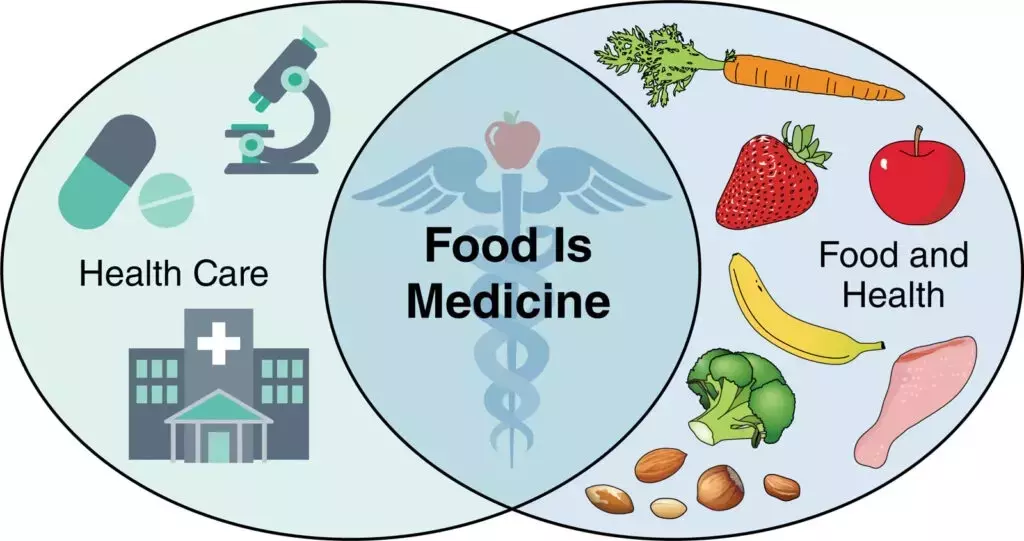
Across the United States, state leaders are spearheading a transformative approach to healthcare by incorporating healthy food as a reimbursable clinical intervention. This initiative, known as Food is Medicine (FIM), aims to reduce chronic disease-related costs and improve patient outcomes through targeted dietary interventions such as medically tailored meals and produce prescriptions. While the link between nutrition and health has long been acknowledged, the integration of these services into Medicaid and other healthcare systems marks a significant advancement. By addressing both public health challenges and financial burdens on state budgets, FIM offers an innovative policy tool for governors seeking sustainable solutions.
The concept of Food is Medicine revolves around providing specific nutritional support that aligns with clinical care plans. Unlike broader programs like SNAP or WIC, which focus on alleviating food insecurity, FIM targets individuals diagnosed with diet-related conditions, ensuring their treatment is covered by healthcare systems. This strategic shift reflects growing recognition of the critical role nutrition plays in managing diseases such as type 2 diabetes, hypertension, and heart disease—conditions responsible for a substantial portion of annual healthcare expenditures in the U.S.
Several states have already taken steps to implement FIM policies under Medicaid Section 1115 waivers and similar frameworks. For instance, Delaware recently extended its Diamond State Health Plan to include postpartum meal coverage, while Oregon funds medically tailored meals for individuals with chronic illnesses. In North Carolina, Healthy Opportunities Pilots serve as national models for integrating non-medical services into healthcare delivery. These efforts underscore a commitment to health equity and preventive care, supported by gubernatorial leadership and inter-agency collaboration.
Despite progress, expanding FIM initiatives nationwide requires strengthening evidence demonstrating cost-effectiveness and clinical benefits across diverse populations. Governors can play pivotal roles by fostering statewide visions, enhancing cross-sector partnerships, and investing in robust data collection systems. With technical assistance from organizations like the American Heart Association, states are better equipped to design scalable interventions meeting both scientific and regulatory standards.
As the healthcare landscape evolves toward value-based models, Food as Medicine emerges as a practical solution garnering bipartisan support. By prioritizing this approach, governors not only pilot new programs but also lay foundational infrastructure ensuring healthy food becomes an enduring component of healthcare delivery. The potential impact extends beyond individual health improvements to creating healthier communities and reducing overall healthcare expenses.
